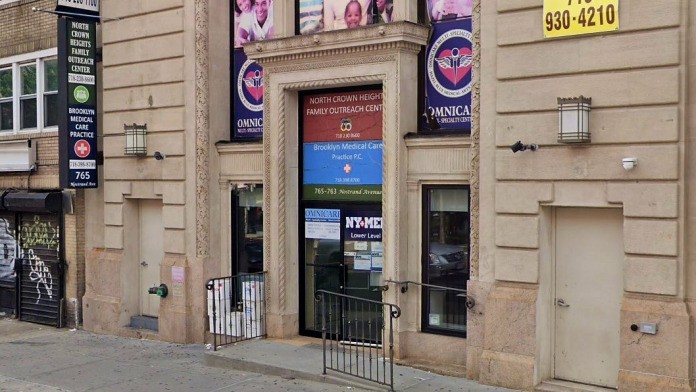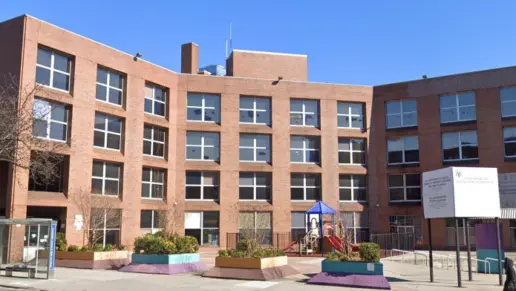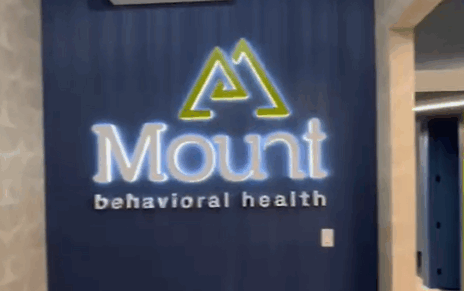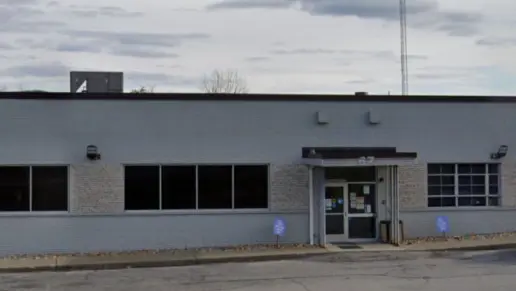I have been in and out of treatment offices for many years of my life. Thank you to this place I am finally back on track! I have been clean for 4 years, went to school received my Associates degree and make a good living! Going back to school and although I am no longer in ...
About Community Healthcare Network – Crown Heights Health Center
The Crown Heights Health Center is part of the Community Healthcare Network and they offer a broad spectrum of healthcare services in Brooklyn, New York. Their services focus on providing accessible and quality care for individuals and families regardless of their background or circumstances.
They offer services here in English, Spanish and Haitian Creole. They also have a Language Line that can translate in 150 other languages.
Wide Range of Healthcare Services
At the heart of the services they offer here is primary care. These services stood out to me as it ensures you receive comprehensive and individualized medical attention. Services range from routine checkups to managing chronic conditions.
The health center also provides addiction services. They will provide you with both treatment and support to guide you toward recovery. Medication assisted treatment is available for opioid use disorder as well as free Narcan training.
Additional Care for Behavioral Health and Beyond
They do provide an emphasis on behavioral health services here. Mental health counseling is available to help you with emotional and psychological challenges.
What stood out to me is that they specialize in HIV care. They are able to provide you with medical treatment, education and support for managing the condition.
I like that they also provide a range of other services. They offer foot care, sexual health and women’s health services. Wellness and nutrition counseling is also available. Resources for LGBTQ+ individuals and refugees are offered too.
The center is located in a diverse area with local shopping and restaurants. A short distance away is Prospect Park. You will be able to enjoy a relaxing picnic or go for a stroll in one of Brooklyn’s most iconic green spaces.
Latest Reviews
Rehab Score
Gallery

Other Forms of Payment
Medicaid is a state based program that helps lower-income individuals and families pay for healthcare. Medicaid covers addiction treatment so those enrolled can use their coverage to pay for rehab. When a program accepts Medicaid the client often pays very little or nothing out of their own pocket.
Private insurance refers to any kind of healthcare coverage that isn't from the state or federal government. This includes individual and family plans offered by an employer or purchased from the Insurance Marketplace. Every plan will have different requirements and out of pocket costs so be sure to get the full details before you start treatment.
Self-pay involves paying for treatment out of your own pocket. You can use savings or credit, get a personal loan, or receive help from family and friends to fund your treatment. If you don't have insurance or your insurance plan doesn't cover a specific program, self-pay can help ensure you still get the care you need.
Financial aid can take many forms. Centers may have grants or scholarships available to clients who meet eligibility requirements. Programs that receive SAMHSA grants may have financial aid available for those who need treatment as well. Grants and scholarships can help you pai for treatment without having to repay.
Sliding scale payments are based on a client's income and family size. The goal is to make treatment affordable to everyone. By taking these factors into account, addiction recovery care providers help ensure that your treatment does not become a financial burden to you or your family, eliminating one barrier to care.
Military members, veterans, and eligible dependents have access to specific insurance programs that help them get the care they need. TRICARE and VA insurance can help you access low cost or no cost addiction and mental health treatment. Programs that accept military insurance often have targeted treatment focused on the unique challenges military members, veterans, and their families face.
Addiction Treatments
Levels of Care
 Outpatient
Outpatient
 Medically Assisted Detox
Medically Assisted Detox
 Intensive Outpatient
Intensive Outpatient
 Sober Living Homes
Sober Living Homes
Treatments
The goal of treatment for alcoholism is abstinence. Those with poor social support, poor motivation, or psychiatric disorders tend to relapse within a few years of treatment. For these people, success is measured by longer periods of abstinence, reduced use of alcohol, better health, and improved social functioning. Recovery and Maintenance are usually based on 12 step programs and AA meetings.
When you choose drug rehab in New York, you'll participate in a variety of treatments that are designed to help you live a drug-free lifestyle. Common methods of treatment include group, individual, and family counseling, medication management, nutrition, exercise, and management of co-occurring mental health disorders.
Opioid rehabs specialize in supporting those recovering from opioid addiction. They treat those suffering from addiction to illegal opioids like heroin, as well as prescription drugs like oxycodone. These centers typically combine both physical as well as mental and emotional support to help stop addiction. Physical support often includes medical detox and subsequent medical support (including medication), and mental support includes in-depth therapy to address the underlying causes of addiction.
Substance rehabs focus on helping individuals recover from substance abuse, including alcohol and drug addiction (both illegal and prescription drugs). They often include the opportunity to engage in both individual as well as group therapy.
Programs

Adult Program

Young Adult Program
Clinical Services
Research clearly demonstrates that recovery is far more successful and sustainable when loved ones like family members participate in rehab and substance abuse treatment. Genetic factors may be at play when it comes to drug and alcohol addiction, as well as mental health issues. Family dynamics often play a critical role in addiction triggers, and if properly educated, family members can be a strong source of support when it comes to rehabilitation.
Group therapy is any therapeutic work that happens in a group (not one-on-one). There are a number of different group therapy modalities, including support groups, experiential therapy, psycho-education, and more. Group therapy involves treatment as well as processing interaction between group members.
Contact Information
1167 Nostrand Ave
Brooklyn, NY 11225


